This was the reference to which I presented an hour long workshop within iBriz Academy. This contains broad introduction ( not too depth ) to introduce anyone who is familiar with programming in general. I also showcased my ytui-music project.

What will we discuss
- What are we using in our current project
- Rust
- Substrate
- Polkadot.js
- Lots and lots of communication and helping each other
- Why Rust for blockchain
- Why rust even for anything else
- See a project (ytui-music) developed entirely on rust
- Have a high level understanding of how ytui-music work
- Navigate a bit of code here and there
- Future of rust and where else we can expect it to emerge
- Reaching me out
Ytui-music
Listen to music from youtube in terminal with decent tui
Why use ytui-music
- Never get tracked by youtube on your listening preference
- Downloading music made easiest
- Save machine resource for other useful task by avoiding browser
- Use on remote ssh or terminal-only session
- Completely keyboard driven usage ( feed the cats with mouse )
- Configurable ui and other preferences with easy json file
- Open sourced codebase to make it all yours
Screenshots
====> See direct demo <=====
Highlights from demo
- Search according to types. eg: music, playlist, artist, all
- See trending feed
- Pagination with
pandn - Responsive design
- Configurable with easy json
- Default for dark theme, can be made for light
- Saved data in sqlite format
- suffle/ repeat/ play pause
- Volume control in master branch
- configurable mpv => configurable youtube-dl
- navigation
- download
Tools and Libraries used
- Rust ( https://github.com/rust-lang/rust/ ) - to write ideas
- Invidious (https://github.com/iv-org/invidious)
- middleware to serve youtube data in easy api
- Mpv (https://github.com/mpv-player/mpv)
- Used for playback
- Supports youtube link out of the box as regulat file input
- Not-so-heavy and comes with configurable options
- Provides well documented and easy C api
- libmpv-rs ( https://github.com/ParadoxSpiral/libmpv-rs )
- Rust binding for mpv
- tui-rs ( https://github.com/fdehau/tui-rs )
- Allows developing tui with rust
- Supports multiple backends like termion, crossterm etc.
- Corss-term ( https://github.com/crossterm-rs/crossterm )
- Used internally by tui-rs ( for this project )
- Support keyboard ( as well as mouse ) event handeling
- Youtube-dl ( https://github.com/ytdl-org/youtube-dl )
- Downloading of music from youtube server
- Internally used by mpv for youtube-music playback
- Sqlite (https://sqlite.org/src/)
- Store favourates on local system
- Neovim, Rust-analyzer, COQ_nvim, Typora, action-rs …. - for development proposes
- Github ( https://github.com ) - For hosting suorce code
Working Mechanism
You might want to work on
Depending on what you have already been into
UI
- Add pop ups and over-screen widgets
- Optional audio visualizer
- Configurable section size or even more configuriable layout
- Pre-configured colour scheme
Web/ Network/ Scraping
- Add support for spotify or other services like deezer, apple music
- Deploy own invidious server
- Music recommendation based on listening activity ( youtube’s recommended for you list )
Media handling
- Allow custom playback
- Filters and mixing
Database
- Custom playlist ( other than favorates )
- Most listened songs
- Import playlist from youtube favourates
Others..
- Performance optimization
- Another rust binding for libmpv
- Docs
- And whatever you want to
Why rust for ytui-music & anything else?
Good to go concurrency
Cross platform abstracted concurrent programming
First class async support in addition
Lifetime to say goodbye to deadlock, global variable override and segfault
Mutex, ConditionVariable, Arc & Rc to make things even better
Safe and well-designed library
- Rs-tui - a library that makes developing tui fun and crossplatform
- libmpv-rs - safe and abstract binding over mpv player
- reqwest - easy and battery-included http library
- serde - life saver to work with popular human-redable format
Forces to write GOOD code
- Never create copy when you can move
- simplify similar logic with declerative macros ( not same as generic though )
- make writing platoform-dependent code more easy with conditional macros
And lot more…
Build file in rust
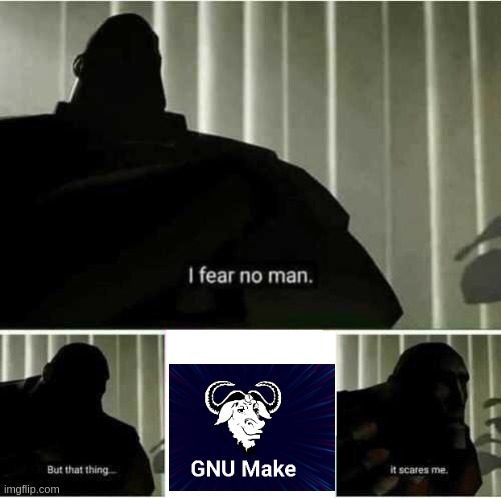
Great innovation with documentation & Testing
Makes writing documentation fun, easy and encouraging
Super easy to generate documentation
cargo docSuper easy documentation navigating web-pages with heavy interlinking
Click - click - click
* A quick navigation in docs.rs
Support for documentation code snippet checking
Keep code example in sync with changes in codebase
Built-in test framework & benchmarking framework
* Writing test doesn’t add complexity in logic
* Full freedom with macros like
#[cfg(test)]
Configurable formatting
Cargo fmt
====> Lets see a demo
Future of Rust
Team behind Rust
The Rust Foundation
* Non profit organization with bigger vision and devoted community
* https://foundation.rust-lang.org/
* Backed by tech gaints including but not limited to Google, Mozilla, Linux Foundation, Meta Inc (Facebook), Microsoft, Huawei ….
Blockchain Development
Type stirctlesafe
Macro to develop basic DSL ( Domain Specific Language)
Ink! ( https://github.com/paritytech/ink )
* Make heavy use of macro to enable writing smart contract within rust
Aggressive check for possible error
hard to get undefined behaviour and segmentation fault once compiled
Compiles to WASM
One of very few language to have support for wasm from it’s beginning
Rich eco-system with several
#![no_std]compatible libraries* Parity-scale codec ( encoding/decoding library with wasm support )
Powerful modular framework like substrate & solana
* https://docs.solana.com/developing/on-chain-programs/developing-rust
Environment friendly blockchain
Many steps been made like preferring POS instead of POW rust brings some energy with it
Proven to be very energy efficint
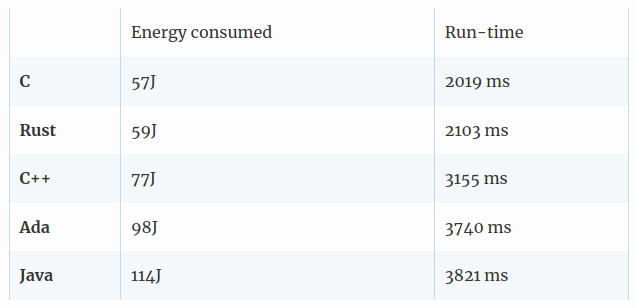
Reference: https://thenewstack.io/which-programming-languages-use-the-least-electricity/
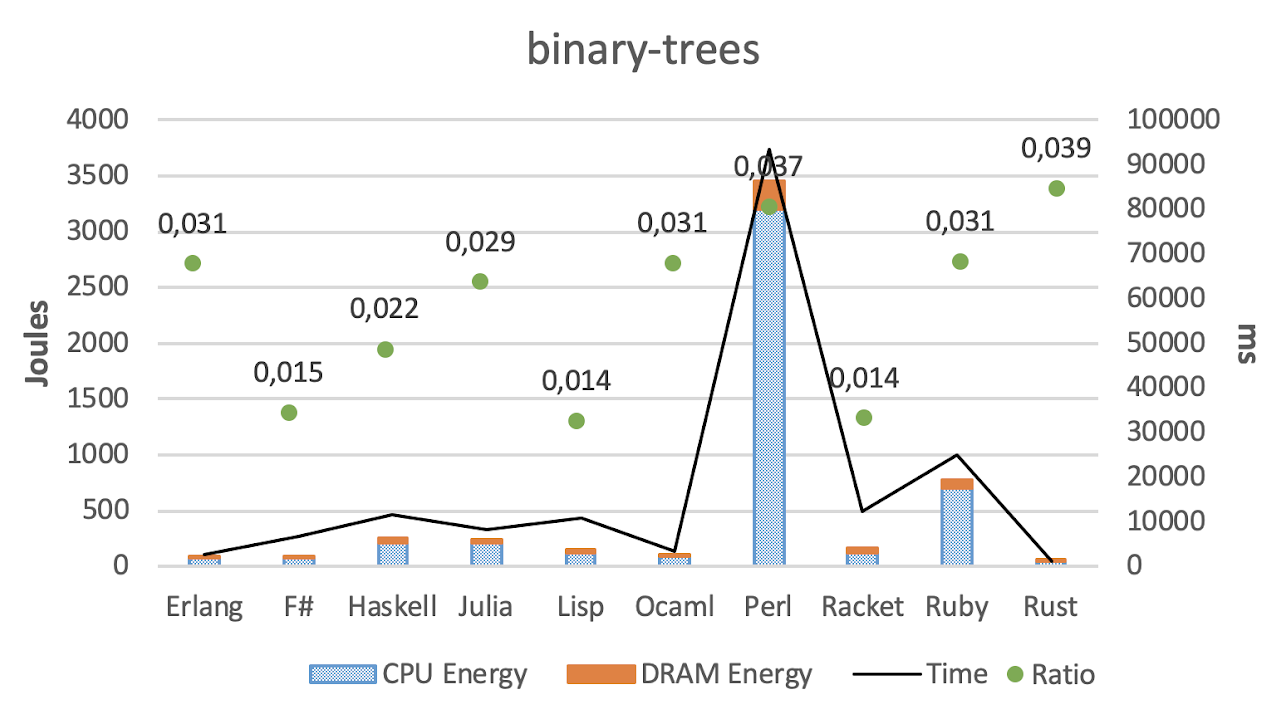
Reference: https://sites.google.com/view/energy-efficiency-languages/updated-functional-results-2020
Embedded system & IOT
Learning resources
Powerful static analysis
- Do not compile risky codes
Interoperability
- Integrate well with existing embedded ecosystem which is dominated by C & C++
- Can write assembly directly
Portability
- Write once and run everywhere goal
RTOS ( Real Time Operating System ) being developed in rust
- Tockos https://www.tockos.org/
- Drone-os https://www.drone-os.com/
Several platform and new microprocessor are supporting rust out-of-box
Supports various platform at various tire level including
* aarch64
* arm
* intel
* armebv7r
* asmjs
* thumbv6m
Refernce: https://doc.rust-lang.org/nightly/rustc/platform-support.html
Microcontrollers kits you can program with rust
* Raspberry-pi https://www.raspberrypi.org/
* Aurdino https://www.arduino.cc/
* Micro bit https://tech.microbit.org/hardware/
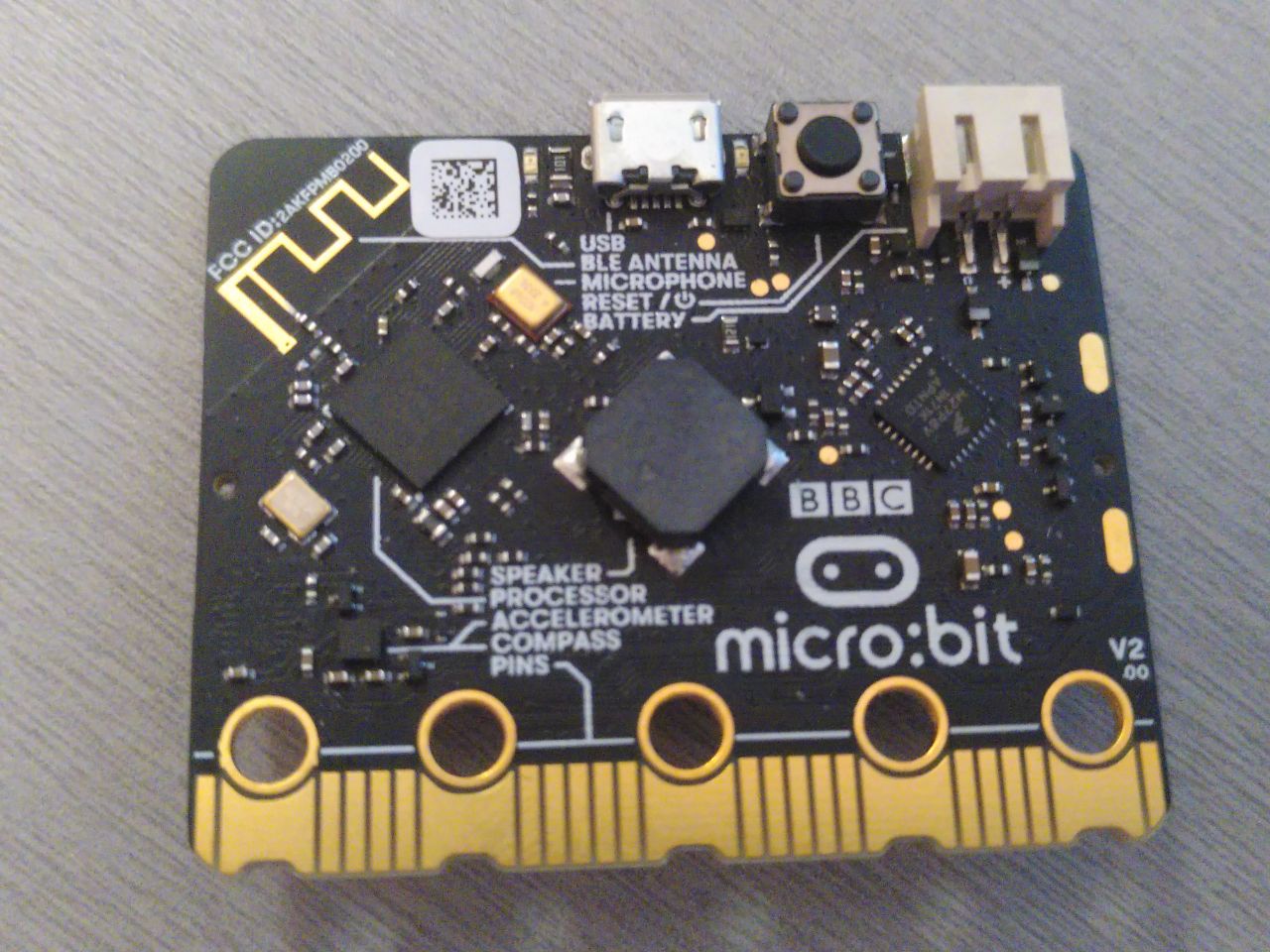
* STM kits eg: STM32F303VC https://www.st.com/en/evaluation-tools/stm32f3discovery.html
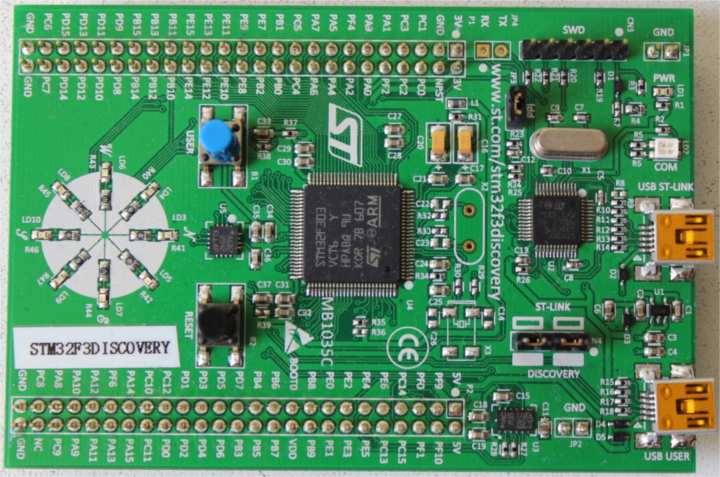
* Everything else LLVM already laid ground for until this much decade
Kernel Development
No more undefined behaviour
No more dependency-hell
No more overflow security holes
Brand new Os written entirely in rust
Google Fuchsia os actively using rust
Made an entry to linux kernel

* https://www.zdnet.com/article/rust-takes-a-major-step-forward-as-linuxs-second-official-language/
Cloud Computing, IOT and embeded system
Loved by amazon AWS team
* https://aws.amazon.com/blogs/opensource/innovating-with-rust/
Loved by cloudfare
* Native rust support on cloudfare workers
Easy on pocket (Runs with minimal resources)
Easy cross-compiling in development process
Supports lots of architecture
Web Development
Soon-to-be mature asynchronous ecosystem with tokio
Web Framework
Actix web: https://actix.rs/
Benchmark proves it to be fastest web framework
Support completly async programming
Rocket-rs: https://rocket.rs/
Easiest to start with
Full async support
Great documentation
Personal utilities and fun projects
Ever-growing ecosystem for libraries and framwork
Community to turn to when needed
Fun to write
Easy to maintain
Easy to reason about so easy for contributers
The community inside rust
===> We have already talked about this <===
Respects existing era
===> We have already talked about this <===
While developing along the way
Cargo expand (
cargo install cargo-expand)* An example
Godbolt ( https://godbolt.org )
* An demonstration
Rust-analyser ( https://github.com/rust-analyzer/rust-analyzer )
* Showcase
Rust playground ( https://play.rust-lang.org )
Alternative Linker to improve build time
* GCC <=== super stable & default
* Mold ( https://github.com/rui314/mold ) <=== fastest but not yet ready for production
* lld ( clang bundle ) <== balance between stable and speed
* Learn to configure
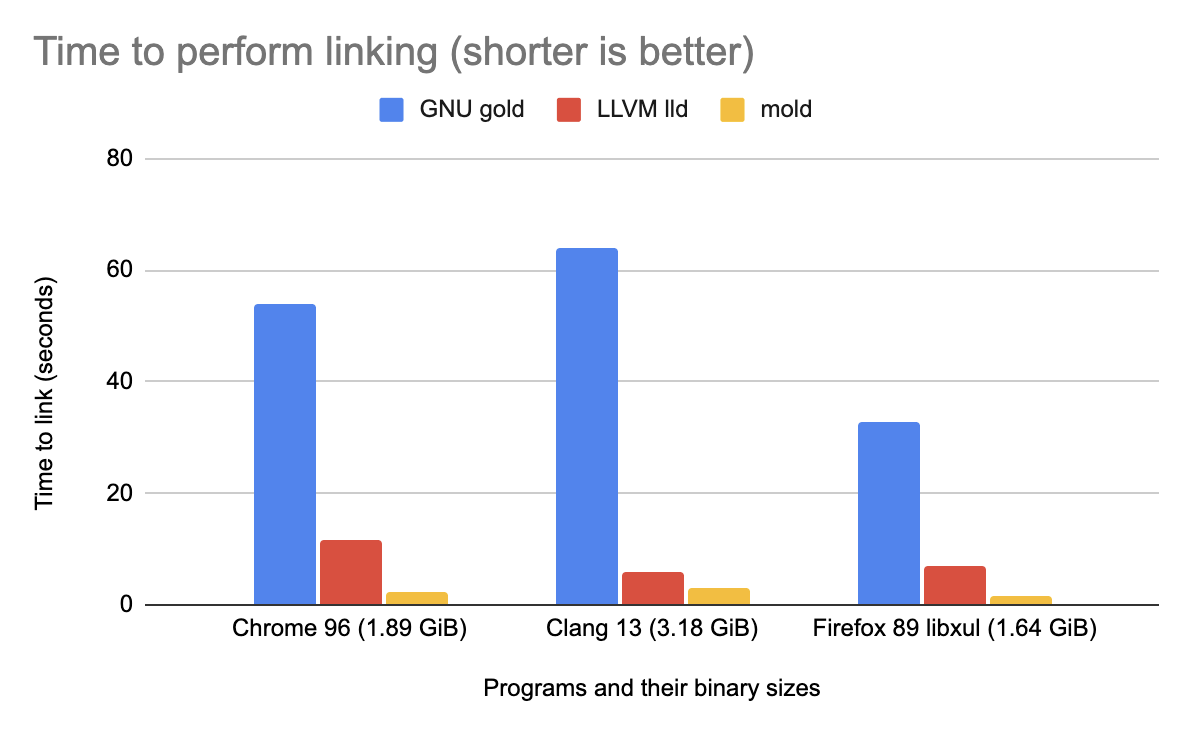
Might not be all roses
What is Rust not for (yet)
- AI/Ml
- Mobile development
- Enterprise reasy gui development ( may be a good go within next week! who knows? )
- Although tools like gtk-rs, qt-rs, sixtyfps are standing out to be leading tools
- Tauri-rs already being used in replacement of electron
Lots of compile time nap

Image credit: cnbc.com
Slow to compile ( you can travel galaxy when you leave your project to compile for release )
* https://blog.rust-lang.org/2020/12/16/rust-survey-2020.html#compile-times
Have to do a lot of checks and macro expansion
Aggressive optimization in release mode
Pack lots of helpful debug information and detailed tracebacks
LLVM is not so compile time friendly (have several technical debts and code from every generation)
Many tactics and tools to make it a breeze
- Do not always build in release mode
- Make use of
cargo checkandcargo watch - Test in test cases instead of testing it the-human-way by seeing logs
- Use an lsp for instant feedback
- Think more before you run
And …
- Not so old enough to have a planet-heavy ecosystem as compared to C or Python
- Do not have that much vast majority of developer. ( Pretty impressive how everybody knows javascript )
- Do not runs on 3 millions of devices like Java ( instead Rust is about to run on billions )
- Increase your frustration as compiler always throws error of every possible error (which is actually a benefit in long run)
- Not so quick to write prototyes
Reaching me out
About me
let me = Human {
name: "Sudip Ghimire",
location: "Pokhara",
academic_qualification: "+2 passout",
Professional_experience: [
"Web developer intern - Codesastra (2019)",
"Rust developer - iBriz.ai (2021)"
],
email: ["sudipghimire533@gmail.com", "sudipg@ibriz.ai"],
github: "github.com/sudipghimire533",
website: "me.sudipg.com.np",
blogs: "sudipg.com.np"
}